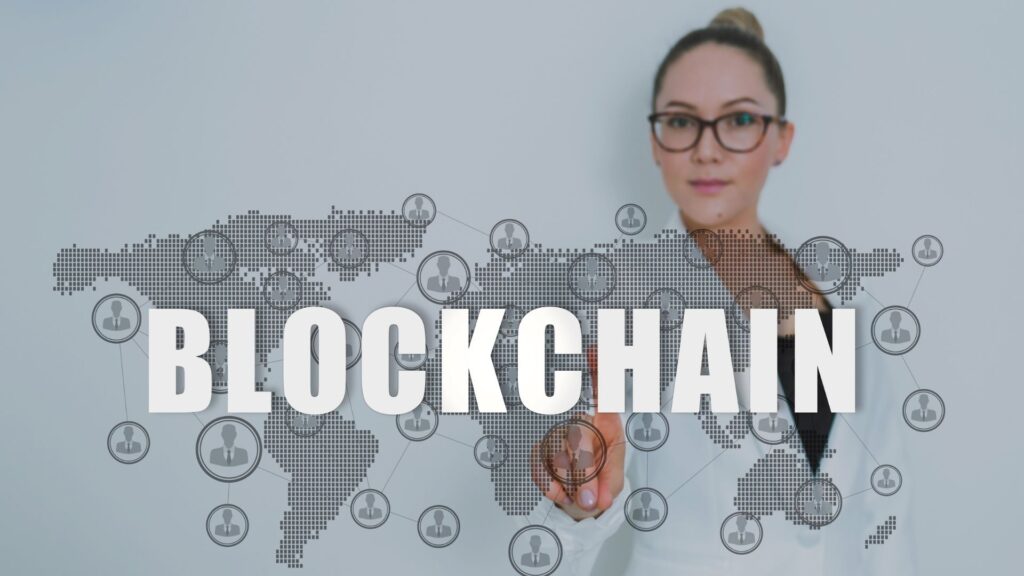
Blockchain Government Use Cases: Revolutionizing Public Sector Operations
Blockchain technology is transforming industries across the globe, and governments are no exception. From secure digital identity systems to transparent voting platforms and efficient public recordkeeping, blockchain is increasingly seen as a powerful tool to modernize public administration. This article explores the top blockchain government use cases and how this innovative technology is reshaping governance in the 21st century.
What Is Blockchain and Why Governments Are Interested
Blockchain is a distributed ledger technology that enables secure, tamper-proof recording of transactions. Unlike traditional databases, a blockchain is decentralized and transparent, allowing all participants in the network to verify records independently.
Governments are drawn to blockchain for several reasons:
- Security: Data stored on a blockchain is encrypted and highly resistant to hacking or unauthorized changes.
- Transparency: Blockchain allows public verification of records, reducing fraud and corruption.
- Efficiency: Processes like document verification, voting, and benefit distribution can be automated, reducing bureaucratic overhead.
Top Blockchain Government Use Cases
1. Digital Identity Verification
One of the most compelling blockchain government use cases is in digital identity management. With blockchain, governments can create secure, tamper-proof identity systems that give citizens control over their personal data.
For example, Estonia has implemented a blockchain-based digital ID system that allows citizens to vote, pay taxes, and access healthcare securely online. This system significantly reduces identity fraud and enhances convenience for both the public and government institutions.
2. Transparent Voting Systems
Blockchain offers the ability to create verifiable and tamper-proof digital voting systems. This not only reduces the risk of election fraud but also increases voter turnout by making it easier for people to vote remotely.
Pilots of blockchain voting have been conducted in places like West Virginia (USA), where overseas military personnel voted via a secure mobile app backed by blockchain. The technology ensures every vote is recorded transparently and counted correctly.
3. Land and Property Records
In many countries, land registry systems are outdated, error-prone, and vulnerable to corruption. Blockchain can provide a transparent, immutable ledger of property ownership and transfers, making land disputes and fraudulent transactions easier to detect and prevent.
Countries like Georgia, Sweden, and India have launched initiatives to use blockchain for managing property records. These efforts aim to improve public trust and increase efficiency in property registration.
4. Supply Chain and Customs Management
Governments involved in trade and customs can benefit from blockchain’s ability to track and authenticate products across borders. Customs departments can monitor shipments in real time, ensure compliance with regulations, and prevent smuggling or counterfeit goods from entering the market.
For example, the U.S. Food and Drug Administration and the Department of Homeland Security have explored blockchain solutions to trace the origins of imported goods and ensure they meet safety standards.
5. Public Financial Management
Transparency in public spending is a major concern in many governments. Blockchain can offer a clear, tamper-proof trail of how public funds are allocated and spent.
Using smart contracts, governments can automate disbursement of funds to approved projects, ensuring that they meet certain milestones or conditions. This increases accountability and reduces opportunities for embezzlement or misuse of public funds.
6. Welfare and Social Services Distribution
Blockchain can be used to streamline the distribution of welfare benefits, subsidies, and other social services. By linking benefits to verified digital identities and using smart contracts, the process becomes faster and less prone to fraud.
The United Nations has experimented with blockchain for refugee aid distribution, allowing recipients to purchase food with iris scans linked to a blockchain wallet. This removes the need for bank accounts and ensures aid reaches the intended beneficiaries directly.
7. Intellectual Property and Licensing
Governments are responsible for issuing and enforcing copyrights, patents, and business licenses. Blockchain provides a secure platform for managing these assets and ensuring timely renewals or ownership transfers.
By recording intellectual property on a blockchain, creators and inventors can establish proof of ownership, track usage rights, and receive fair compensation for their work. Governments can reduce disputes and improve enforcement mechanisms.
Challenges in Implementing Blockchain in Government
While the benefits are promising, there are challenges to adopting blockchain technology in government operations:
- Scalability: Some blockchain platforms struggle with handling large volumes of transactions quickly enough for national-scale operations.
- Interoperability: Integrating blockchain with existing legacy systems can be complex and costly.
- Legal and Regulatory Hurdles: Many jurisdictions lack clear legal frameworks for blockchain applications in government.
- Public Trust and Awareness: Educating the public and gaining trust in new digital systems remains a barrier in some regions.
The Future of Blockchain in Government
Despite the challenges, the future of blockchain government use cases looks promising. As technology matures and regulatory frameworks evolve, more public institutions are likely to adopt blockchain in various areas of governance. Key trends include:
- Intergovernmental blockchain networks for cross-border data sharing
- Tokenization of public services and rewards for civic engagement
- Greater citizen participation through transparent governance platforms
Ultimately, blockchain has the potential to make governments more transparent, accountable, and efficient—qualities that are essential for building public trust and improving service delivery.
Conclusion: Blockchain’s Role in Modern Governance
Blockchain government use cases are already making waves in identity verification, voting, property registration, public finance, and more. While adoption is still in its early stages, the benefits are clear. Governments that invest in blockchain technology today are likely to lead in the digital transformation of the public sector, creating more secure, transparent, and citizen-friendly systems.
As global interest in blockchain continues to grow, it is expected that more governments will explore pilot programs and full-scale implementations. The future of governance is digital—and blockchain is a foundational part of that evolution.





